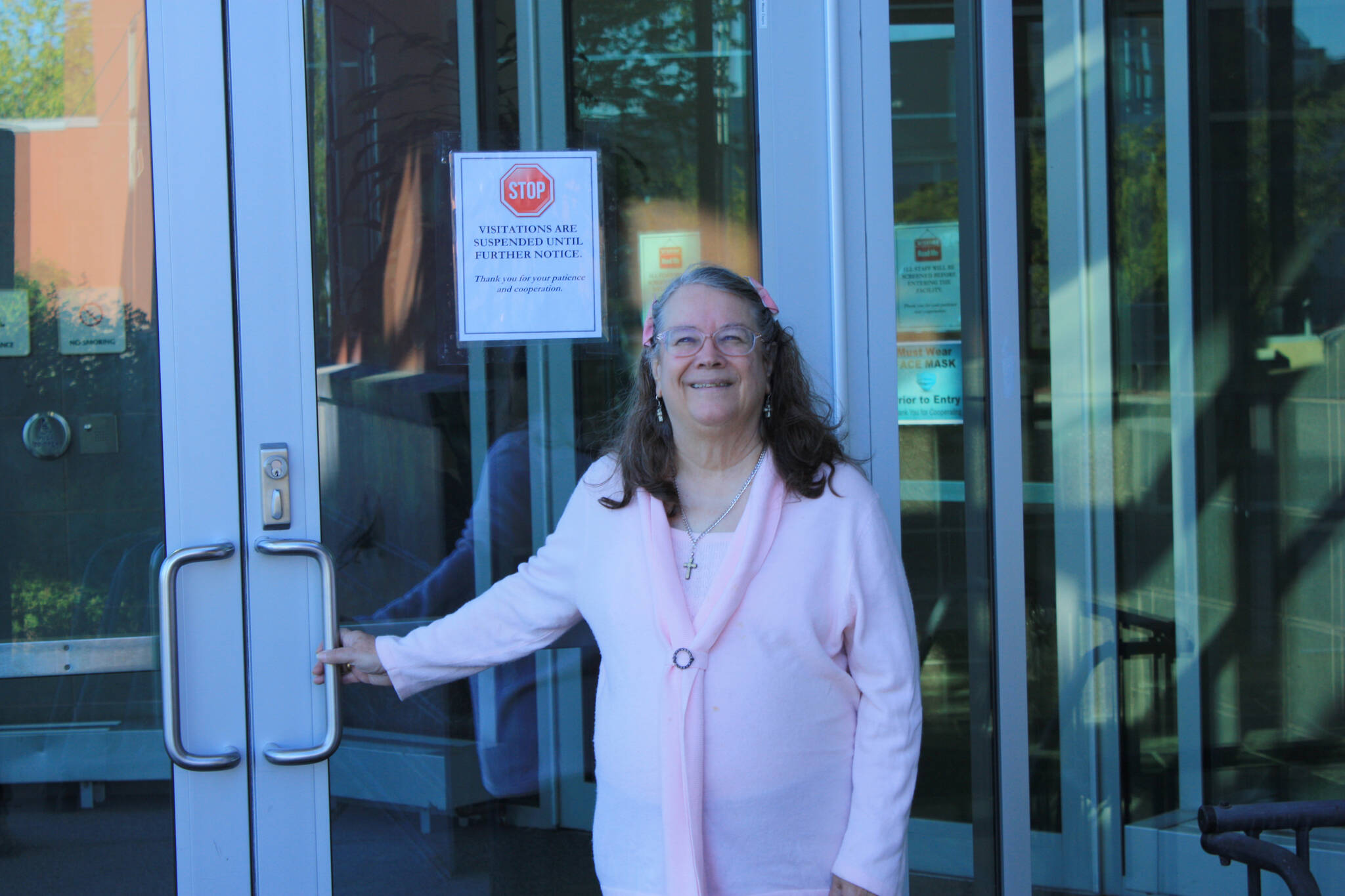In January, the state announced that a $285,346 contract would be given to Agnew Beck Consulting partnering with Jeff Jesse, Paladin Alaska and Cody Chipp, Elevation Counseling and Consulting. The scope of the contract requires that a report on needed improvements in psychiatric patient care and rights must be given to the Legislature and the general public by next October.
For the first time in 64 years, the Alaska Legislature will get to know if approximately 10,000 people each year that are rotating in and out of locked psychiatric facilities or units for a forced evaluation or treatment are being properly protected by the state and have the best opportunity for a positive outcome. My main concern is that good suggestions for patient care improvements that may come out of the report will be lost in the current state bureaucracy and not implemented.
There is ingrained opposition to improving mental health care in Alaska. Writing and passing laws and regulations that are meant to protect people with a mental illness is the easy part. It is far more difficult to change the harmful cultures and practices within psychiatric institutions and state bureaucracies. Alaska has a 123-year history, first as a territory, then as a state, of turning people with a disability over to locked psychiatric facilities and units and letting the managers of the facilities, for the most part, set the standard of patient care.
As far as the grievance and appeal process for psychiatric patients, nothing has improved since Alaska residents were sent to the Oregon Insane Asylum in 1900. In 1992, psychiatric patients locked in an institution were given a right by state law AS47.30.847 to file a grievance. The law did not give patients the important right to file an appeal and managers of facilities get to choose when a patient can file a grievance because state law has never explicitly given psychiatric patients a right to file a grievance at the time of their choosing. Psychiatric patients have a right by the same state law to bring their grievance to an impartial body. But according to state agencies the CEO of a psychiatric hospital will act as the impartial body.
Just like 100 years ago, Alaska delegates its responsibility of writing and enforcing a grievance and appeal process for people with a disability to hospital management and certification organizations. Almost every state has created a statewide standardized grievance and appeal process for people the state considers having a disability. Alaska has not.
Over 100 years ago, the book “Ten Days in a Mad-House” was published. The author, 23-year-old investigative reporter, Nellie Bly, spent 10 days living with psychiatric patients inside an insane asylum and reported on the mistreatment of the patients with first-hand knowledge. For a successful report to the Legislature, there must be an effort to find out if the conditions that patients face inside psychiatric facilities in 2023 are fair and will lead to good patient outcomes.
The best way to determine if psychiatric patients that are locked in an institution are mistreated during treatment or transportation is to talk to the patients and observe their treatment, as Bly did.
Psychiatric patients should be asked the following questions: “Were you injured during treatment or transportation?” “Were you told you had a right by state law to bring your grievance to an impartial body?” “Were you treated fairly in the grievance and appeal process?” “Did you experience any trauma?” “Did the hospital patient advocate help you?” “Were you treated with respect and dignity?” “Was your stay in the psychiatric facility beneficial for you?” Pretty basic and necessary questions that should be asked of every acute care psychiatric patient.
In many ways, large acute care psychiatric facilities operate in secret from the Alaska Legislature and the general public, even the ones financially supported by the state. The Department of Family and Community Services has a good idea of what happens to patients inside the Alaska Psychiatric Institute only because the state owns it, but because of current policies they do not know the number of patient complaints and injuries of psychiatric patients being treated in facilities outside of API.
From 2019 on, the State Ombudsman’s Office released reports stating that it appeared that staff at API displayed a permissive attitude toward patient-on-patient assaults and that management was not handling staff on patient assaults correctly. The latest Ombudsman’s report Feb. 8, 2022, charged that API was not providing federally required individual treatment plans for about half of the patients. Currently, API management is not required to adopt suggestions on needed improvements in psychiatric patient care from the State Ombudsman’s Office.
It is my expectation that the $285,346 report commissioned by the state will not whitewash the mistreatment of psychiatric patients and the lack of fair rights in favor of protecting psychiatric facilities and providers.
• Faith J. Myers is the author of the book, “Going Crazy in Alaska: A History of Alaska’s treatment of psychiatric patients,” and has spent over 7 months locked in psychiatric facilities in Alaska. Columns, My Turns and Letters to the Editor represent the view of the author, not the view of the Juneau Empire. Have somethincg to say? Here’s how to submit a My Turn or letter.

